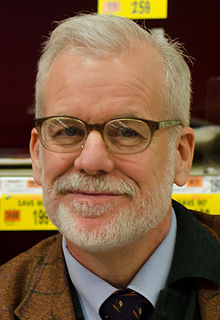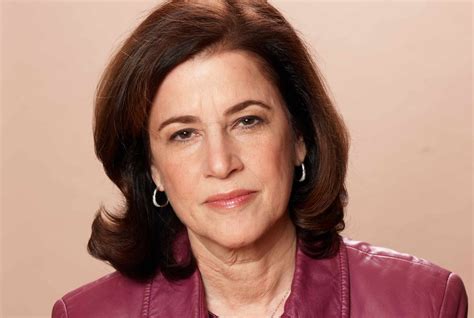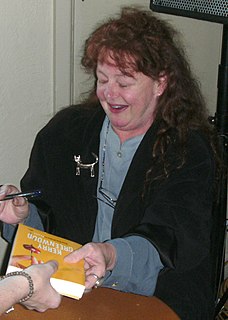A Quote by Michael Sandel
If you pay a child a dollar to read a book, as some schools have tried, you not only create an expectation that reading makes you money, you also run the risk of depriving the child for ever of the value of it. Markets are not innocent.
Related Quotes
I read continually and don't understand writers who say they don't read while working on a book. For a start, a book takes me about two years to write, so there's no way I am depriving myself of reading during that time. Another thing is that reading other writers is continually inspiring - reading great writers reminds you how hard you have to work.
Mother, I am young. Mother, I am just eighteen. I am strong. I will work hard, Mother. But I do not want this child to grow up just to work hard. What must I do, mother, what must I do to make a different world for her? How do I start?" "The secret lies in the reading and the writing. You are able to read. Every day you must read one page from some good book to your child. Every day this must be until the child learns to read. Then she must read every day, I know this is the secret
A mother should have some fantasy about her child's future. It will increase her interest in the child, for one thing. To turn the fantasy into a program to make the child fly an airplane across the country, for example, isn't the point. That's the fulfillment of the parent's own dreams. That's different. Having a fantasy - which the child will either seek to fulfill or rebel against furiously - at least gives a child some expectation to meet or reject.
I see it as this: I send my kids to school not only to learn how to read and write and do math, but also to develop socially. So if there's a negative interaction between my child and another child, what I want to know is, how was it handled, what lessons came out of it, and, of course, is my child okay?
There has to be a consequence to failure. Schools in the inner cities cannot be told, 'Oh, we want you to teach every child to learn how to read and, incidentally, if you fail to do that there's no consequence,' .. There has to be a consequence to failure, and the Title I money needs to follow the child.
Some people may contend that there is no image more charming that a child holding a puppy or kitten. But for me that's a distant second. When I see a child clutching a book... to his or her tiny bosom, I'm moved. Children can possess a book in a way they can never possess a video game, a TV show, or a Darth Vader doll. A book comes alive when they read it. They give it life themselves by understanding it.
Not every child learns for the same purpose, not every child thrives in the same settings and schools. Limiting a child to just one opportunity does nothing more than limit that child's future. The way forward must involve more public charter schools, which offer parents a tuition-free alternative to their neighborhood school.
You want a child who never makes you anything but proud? Please. Don't bother taking on parenthood if you can't handle the fact that sometimes your child's identity won't be what you would have chosen. And if you want to prevent a child from ever suffering? Well, then don't have a child. No one is born into the world never to suffer.









































